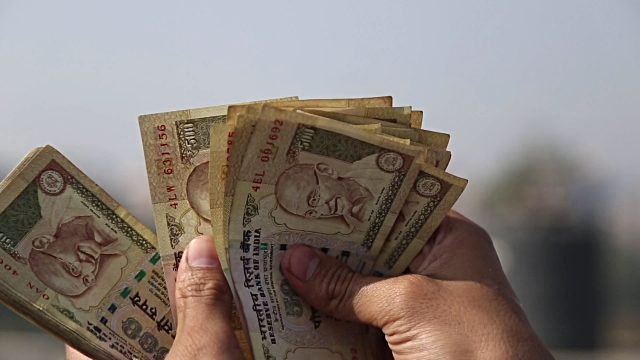A Tax is a compulsory contribution by an individual or company to the government, whether local or national. It is the ‘compulsory’ aspect that makes it a tax, as opposed to a donation, of course. Taxes are reality of life for all of us, rich and middle-class, in some form or the other.

There are two types of taxes, as any textbook will tell you –
- Direct taxes, primarily income tax but also wealth tax, gift-tax and property tax.
- Indirect taxes, such as sales tax, service tax, customs duty, octroy (in the case of India, most of these have now been subsumed into a nationwide Goods and Service Tax, or GST)
Direct taxes have the effect of reducing our income and wealth, while Indirect Taxes increase the prices of goods, which makes both not a little unpleasant to deal with. So what is the justification for them, then?
The fact is, taxation is the foundation of the nation. From time immemorial, it is by raising taxes that Kings and Emperors, dictators and Presidents, have found the money to run their countries. Now followers of Ayn Rand and her crackpot economic theories might argue that the concept of a Government itself is outdated, but that, as we will demonstrate, is not true. There are certain services, directly essential to nation-building, that necessitate the existence of a Government. These are:
Defence
Borders define the nation, and those borders must be protected. Similarly, India needs a strong military to maintain our strategic positions and borders on all sides. A strong military must owe allegiance to the nation as a whole and cannot function as a private army. Hence a government needs to raise resources in order to raise and maintain its defence forces.
Police
Similarly the maintenance of law-and-order within the countries borders also becomes the prerogative of the government. In the absence of an effective Police force, law and order breaks down into a ‘survival of the strongest’. Already we see that where police forces are inadequate, goons and brigands become dominant, as is the case in several states of the country. Training, maintaining and supporting a strong police force requires the government to be able to raise the necessary resources for the same.
Infrastructure
Rural electrification. Roads. Dams. Bridges. These are all things that need to be built, but lack commercial value. Yes, tolls may be charged on some of these things, which is increasingly a neo-liberal fantasy, but these are ultimately things that might never be usable unless made available free or cheap. There must be a government oversight, moreover, on such projects that have wide-ranging environmental impact. In the long run, only a government can make the kind of investment these projects deserve.
Healthcare
The provision of healthcare to the poor and in rural areas is another matter where private healthcare providers cannot fill the gap because of lack of commercial viability. In such circumstances it is the duty of the government to its people to ensure that a certain degree of healthcare is available to all. Naturally this does not come for cheap or for free and must be paid for.
While there are many who will say that the ambit of a Government’s duties go beyond these four, most (except the aforementioned Ayn Rand crackpots) would agree that these four essential services must be provided by a Government in order for a nation to function for the benefit of its citizens. These services must be paid for out of the money generated through taxes. Without taxes, a government has no choice but to borrow from the open market, and debt is not cheap. Indeed, it is the low tax realisation over the years that has led to India having as high a debt burden as it does today.
The payment of taxes, whether income tax by the individual or GST by the traders, is not just a legal matter but a patriotic duty. In an environment where the litmus test for nationalism keep shifting, it might be a good time to look at it from the perspective of what really matters to the security and welfare of India – the honest and timely payment of taxes.































